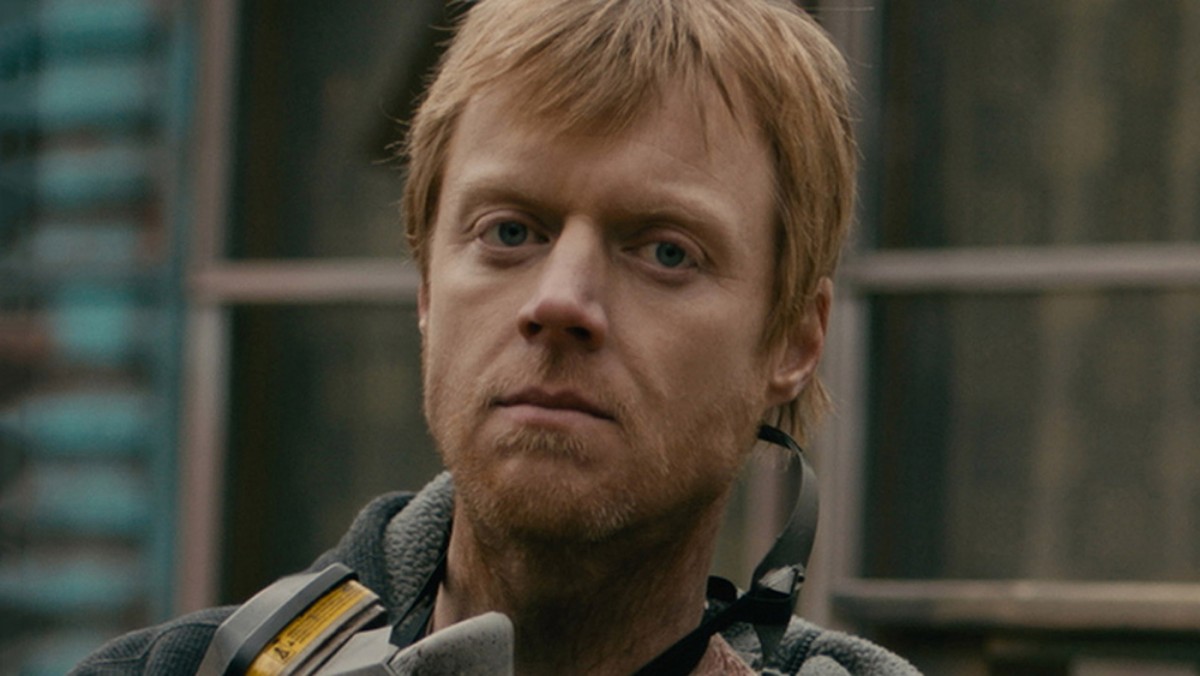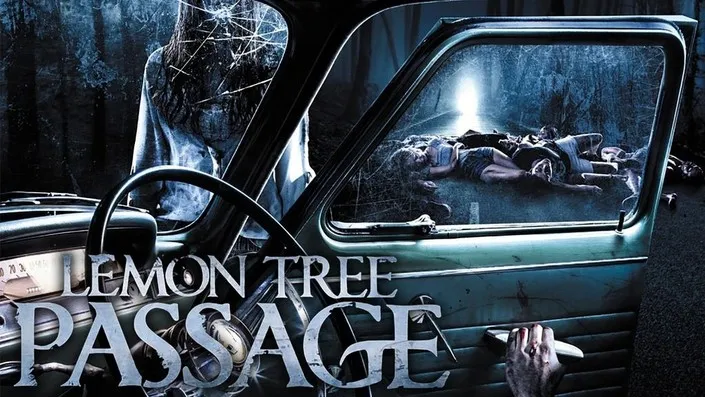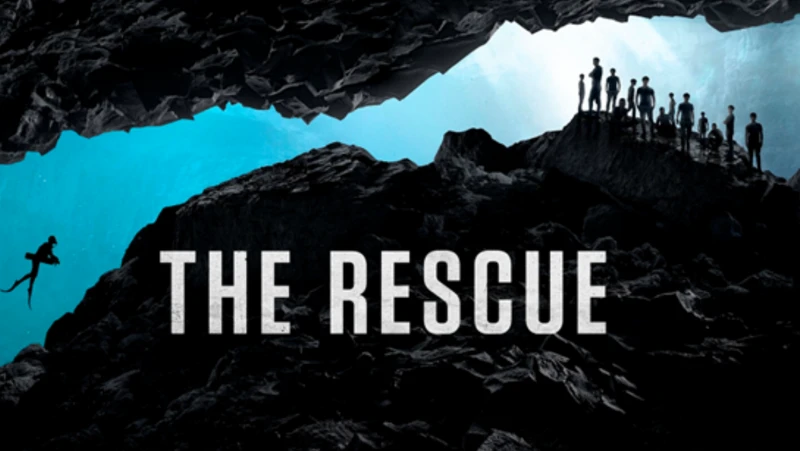Rust Creek (2019): A Gritty Survival Thriller with a Feminist Edge
Rust Creek (2019), directed by Jen McGowan, is an intense and quietly powerful survival thriller that subverts expectations and delivers a fresh take on the genre. Rather than following a typical action-heavy formula, the film focuses on realism, character depth, and psychological tension. Set in the remote woodlands of Kentucky, it tells the story of a young woman fighting not just for survival but for agency in a world that repeatedly tries to strip it away.
The film centers on Sawyer Scott (played convincingly by Hermione Corfield), an ambitious college senior on her way to a job interview in Washington, D.C. After taking a wrong turn, her GPS leads her deep into rural Kentucky, where a roadside encounter with two aggressive men quickly turns violent. Injured and alone, Sawyer flees into the forest, initiating a harrowing journey of survival against both the elements and her human pursuers.

At first glance, Rust Creek seems to fall into the familiar territory of a woman-in-peril narrative, but it quickly distinguishes itself through its focus on character and atmosphere. Sawyer is not a helpless victim — she's resourceful, intelligent, and determined. Her struggle is not just physical but mental and emotional. The film avoids sensationalizing her trauma; instead, it presents her pain and perseverance with quiet, matter-of-fact realism.
The story takes a surprising turn when Sawyer encounters Lowell (Jay Paulson), a reclusive and mysterious meth cook who offers her shelter. Their relationship, marked by tension and slow-building trust, becomes the emotional core of the film. Lowell is not a traditional hero — he's morally compromised and tied to the criminal underworld — yet he emerges as a nuanced and sympathetic figure. Their bond raises questions about morality, trust, and the gray areas between good and evil.

The setting plays a crucial role in the film’s tone and tension. The dense, unforgiving Kentucky wilderness becomes a character in itself — both a hiding place and a prison. Cinematographer Michelle Lawler captures the forest's eerie beauty and suffocating isolation with a raw, naturalistic style that enhances the film’s sense of claustrophobia and vulnerability.
Director Jen McGowan deserves praise for crafting a thriller that values restraint over spectacle. The pacing is deliberate, building suspense not with jump scares or action scenes, but through the quiet dread of uncertainty and the threat of violence always lurking beneath the surface. The film also subtly critiques the corruption and misogyny of small-town power structures, as a local sheriff and his deputies become entangled in the criminal conspiracy that ensnares Sawyer.

Rust Creek received generally positive reviews from critics for its strong lead performance, grounded storytelling, and atmospheric direction. While it may not appeal to fans of high-octane thrillers, it rewards viewers with its character-driven narrative and feminist undercurrents.
In conclusion, Rust Creek is more than just a survival thriller — it’s a gripping portrait of resilience, trust, and the instinct to survive in a world that can turn dangerous in an instant. It redefines the genre by centering a capable female protagonist who refuses to be broken, making it a quietly powerful and haunting film.



